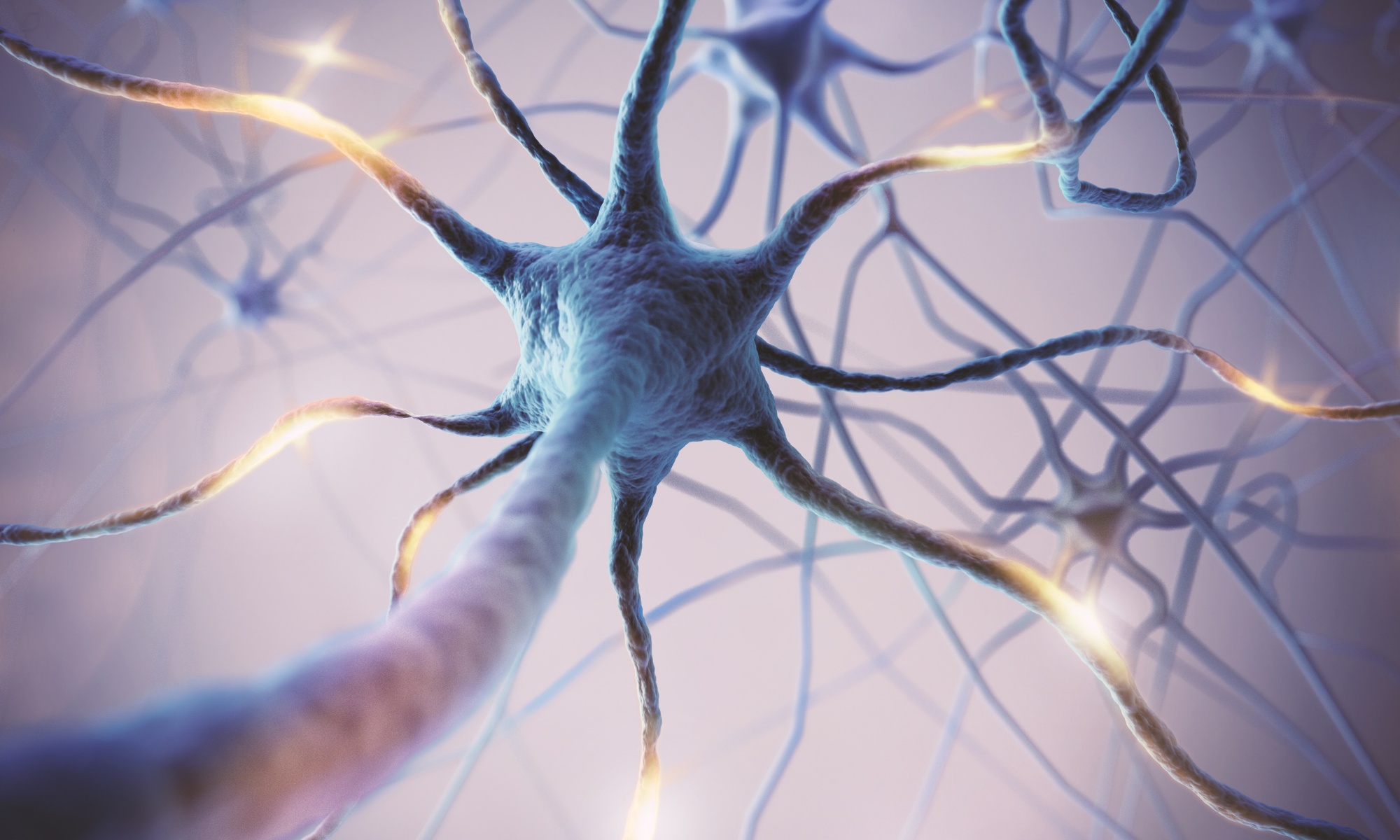Incontinence After a Stroke: Why It Happens and What to Expect
Written by TYE Medical on Dec 27th 2021
It’s common to experience bladder leaks or incontinence after a stroke. Although troubling and inconvenient, these symptoms frequently resolve within a year. There are several different causes and contributing factors to post-stroke bladder leaks, making it challenging to narrow treatment options. But if you’re forthcoming about your symptoms, it will be easier for your doctor to customize a treatment plan for you.
However, not every stroke survivor recovers from incontinence completely. About 15% continue experiencing bladder leaks a year after their stroke. But what are the causes, and what can you expect as you recover?
What Is a Stroke?

A stroke happens when the blood supply to your brain is cut off due to a blockage or bleeding in or around your brain. Hardening and narrowing of arteries is the most common cause of blockages that prevent blood to this vital organ.
Strokes are notoriously sudden and unexpected, but if you’re aware of the symptoms, you’ll know to act quickly on behalf of someone else. The best treatments for stroke are effective for up to three hours after the first symptoms, which makes it’s critical to get immediate medical attention.
Stroke Symptoms
You can remember the stroke warning signs using the acronym B.E. F.A.S.T .:
Balance—is there a sudden loss of balance? Is the person staggering or leaning when walking?
Eyes—has the person suddenly lost vision in one or both eyes? Do they have double vision that doesn’t disappear when they blink? Are they unable to see to the side (peripheral vision) or above the midline?
Facial weakness—have facial muscles dropped on one side? Can the person smile?
Arm weakness—can the person raise both arms and hold them there?
Speech problems—is the person’s speech slurred? Can they speak clearly and understand what you’re saying?
Time—if these symptoms are present, it’s time to call 911. The sooner they receive treatment, the better the prognosis.
Why Does a Stroke Cause Incontinence?

A stroke can damage the part of your brain that controls bladder function, which means your bladder no longer receives the message to hold or release urine. This can lead to reflex incontinence, a condition that causes you to pass urine without knowing it. But it can also affect parts of the brain that control other muscles related to bladder function.
Dysfunctional Bladder Muscles
When a stroke damages nerves in the brain, it can affect muscles throughout the body, including bladder muscles. Bladder nerves may receive weakened signals from the brain, no signals at all, or even too many signals.
This type of stroke damage causes several bladder conditions like:
Frequent urination and urgency
This happens when the affected area of the brain signals that you need to empty your bladder before it’s full, which means you’re going to the bathroom far more often and with greater urgency .
Overflow Incontinence
Overflow incontinence happens when damaged nerves don’t communicate to your bladder that it needs to empty. As the bladder continues to fill, it eventually overflows or releases with little warning.
Weakened Pelvic Floor Muscles
The pelvic floor works together with the bladder to ensure the proper release of urine. But a stroke can weaken the pelvic muscles, which means you may not be able to stop the flow of urine, especially when you cough, sneeze, laugh, or are physically active. This is called stress incontinence.
Impaired Motor Function
Sometimes a stroke affects your mobility or fine motor skills. When this happens, your physical limitations, such as difficulty unfastening clothing or lowering to a toilet, make it harder to go to the bathroom, even if your bladder is working correctly. When you have urinary accidents, for this reason, it’s called functional incontinence .
What to Expect If You Have Incontinence After a Stroke

Many post-stroke symptoms are temporary and part of the early recovery process, especially if you received immediate treatment. A well-established study determined that one week after a stroke, 60% of patients were incontinent. After four weeks, 42% were incontinent, and after twelve weeks, 29% were still experiencing incontinence symptoms. After a year, the number dropped to 15%.
Most stroke patients recover their bladder function, but it might take longer than you anticipated. Be sure to have patience with yourself and communicate regularly with your doctor concerning your symptoms and progress.
The first three months after a stroke are the most important for recovery because it’s when you can see the most improvement. During this time, you might experience “spontaneous recovery,” which means a lost skill or ability suddenly reappears.
Take Advantage of Incontinence Products for Every Stage of Recovery

Until you regain full bladder function, you’ll need the right leak-protection products to keep you secure and dry, whether you’re leaking a little or a lot. TYE Medical’s online store offers free and discreet shipping on all orders. You’ll also find a range of sizes and absorbencies with premium leak protection.
If you’re a caregiver or have a caregiver, be sure to check out our two-piece system for greater savings and convenience.


